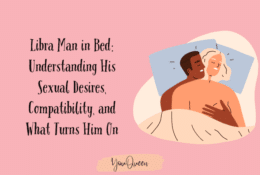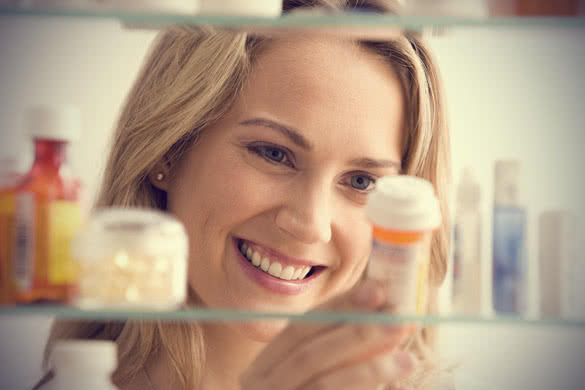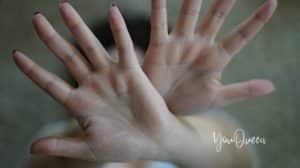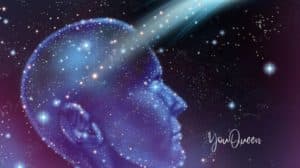Many women deal with PMS for years without thinking about it twice. However, as mild as the symptoms can be, they can sometimes be very distracting and constricting in your everyday activities. And what about all those women who deal with what may seem as a more severe version of PMS? They go through tension, mood swings, and even an almost depression-like state.
This leads many of them to wonder – Is there something I can do to alleviate these symptoms? Is PMS a disease? What to do?
Well, for starters it’s important to be clear on one thing – PMS is not an illness.
PMS can appear in women in many different forms and intensities, usually in the late twenties or early thirties. The dominating symptoms aren’t the same for every woman that experiences them – they very much vary from one to another. This is perhaps why there is no universal medicine that will relieve them. Not even the cause of PMS is known.
It’s thought that PMS appears as a consequence of a cyclic hormonal misbalance, which is proven by the disappearance of PMS during pregnancy and after menopause. It’s considered that some chemical changes in the brain (changes in level of serotonin) are responsible for mood swings, seep regulation, depression, nausea… So that could be the trigger of PMS.
The fact is that 3 out of 4 women have experienced some of the PMS symptoms. Since they usually start at the same time frame during every cycle most of them can even predict or expect the beginning of PMS.
The list of possible symptoms is pretty long, and they can manifest themselves on an emotional level as well as on the physical. It’s usually tense or sore breasts, the feeling of being bloated, weight gain related to fluid retention, headaches, insomnia, soreness of muscles, anxiousness, lack of ability to concentrate, irritableness, depression, nausea, acne etc.
As I said – even if you are aware you’re experiencing one or some of these if they’re of little intensity they can be durable of no or little effect to your everyday life. However, if they’re manifested with high intensity they can most definitely affect your stress level, emotions, and dictate the way you function during PMS.
It’s really important to know that stress, lack of vitamins and minerals in your diet can aggravate and intensify the already occurring premenstrual symptoms.
The question now remaining is – is there something to do to alleviate the symptoms?
There is certain medication that can be prescribed to you by your doctor if he determents you need them. So, if you feel like you cannot handle being in that state talk to your doctor and explain to him what your symptoms are, how long they last, how severe are they, what makes them worse and how do they interrupt your day to day activities.
Know that the same medicine will NOT have the same effect on every woman so you do really need a doctor’s opinion – not just your friends’ recommendation. Also, know that some of the symptoms can be completely relieved others can only be lightened.
Potential PMS medication can be:
- Antidepressants – to be started with 2 weeks before the start of your period.
- Nonsteroidal anti-inflammatory drugs – to be taken a couple of days before the expected start of your period and during the lasting of it.
- Diuretics – To be taken if daily 30 minute walks, bike riding, swimming, yoga, aerobic or massages can’t help, to relieve the extra fluids from the body.
- Oral contraceptives – to ease or relieve the PMS symptoms because they level out the hormones in a women’s organism.
On the other hand there are things you can do on your own to make yourself feel better not only during that time of unease but in general. Having a healthy life style, diet, exercise program, enough sleep etc. is crucial for every woman who takes care of herself and will help with lots of thing including PMS.
In fact B-6 vitamin (50-100mg a day) and vitamin E (400mg a day) along with 400mg magnesium a day and 1200mg of calcium a day can have a huge impact and ease your symptoms naturally. So, eat lots of fruits and vegetables, calcium rich foods and limit your coffee and alcohol intake and take your vitamins!













Dr Hadley, can I try with some natural remedies, what would you recommend?